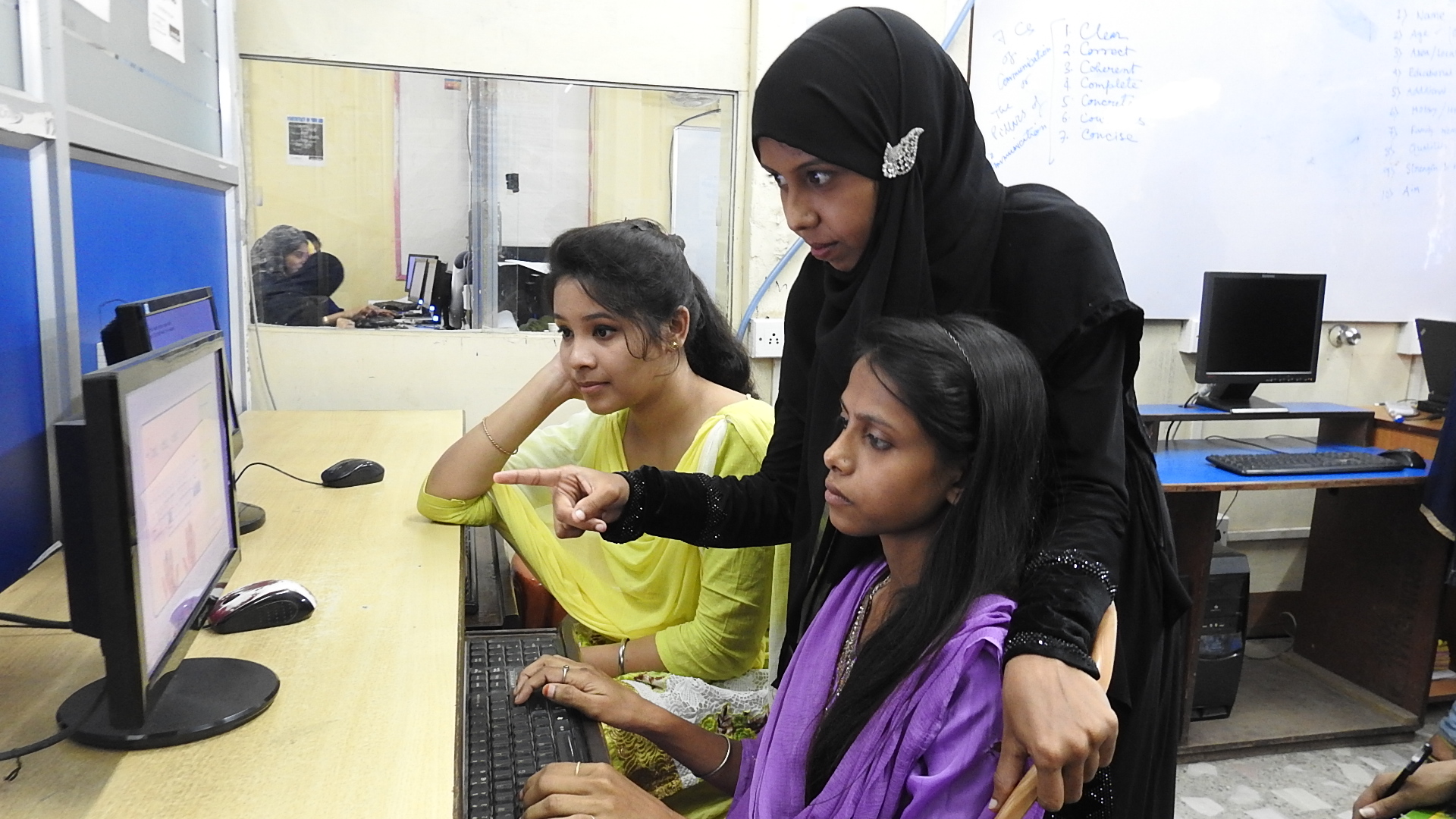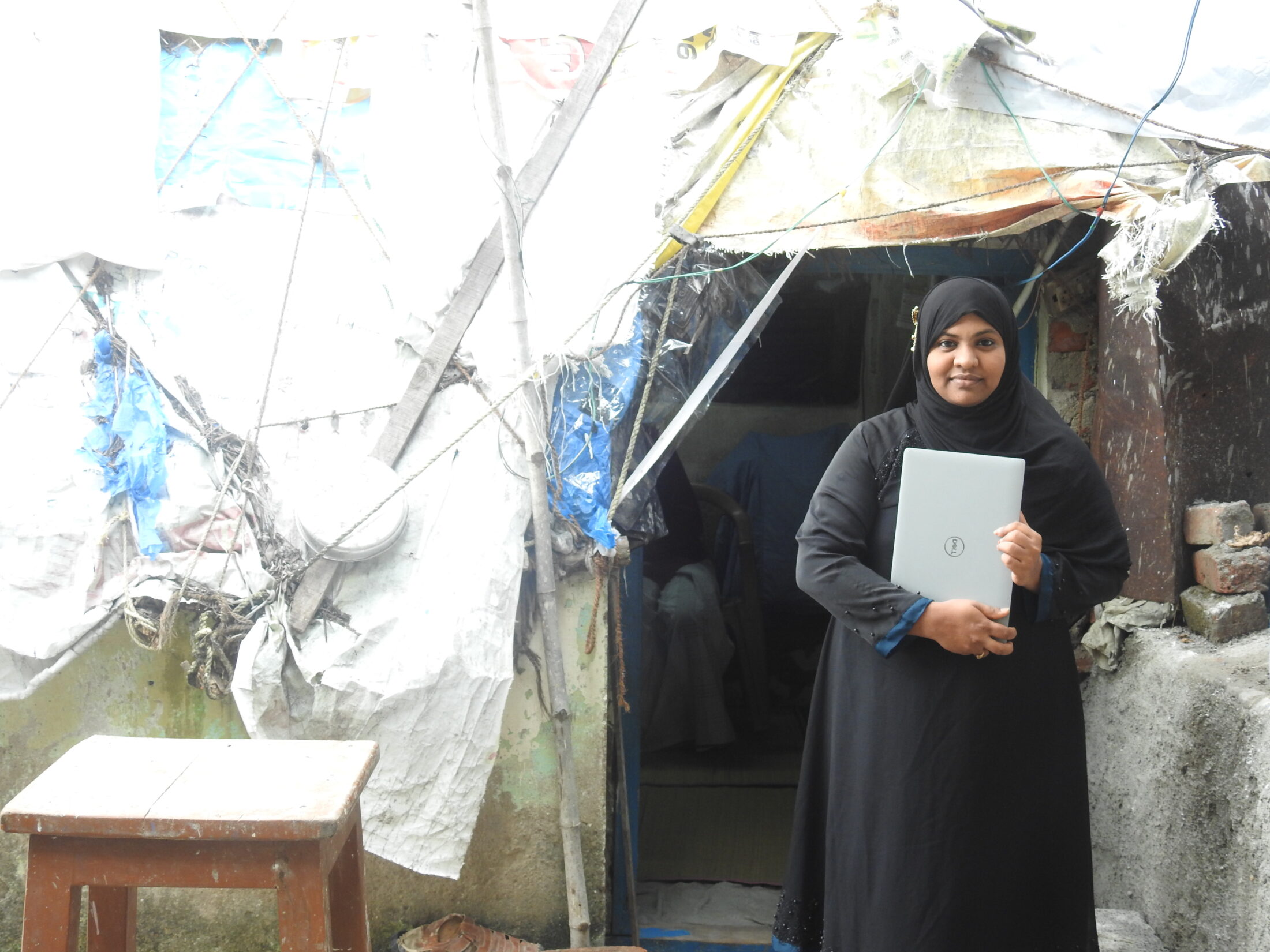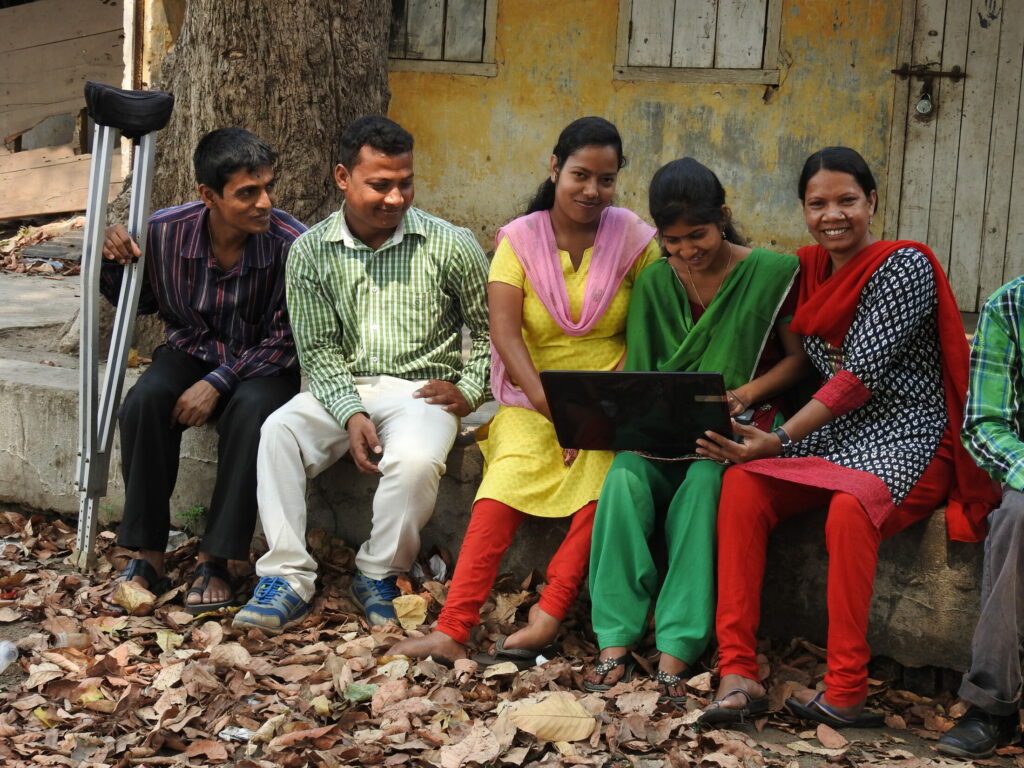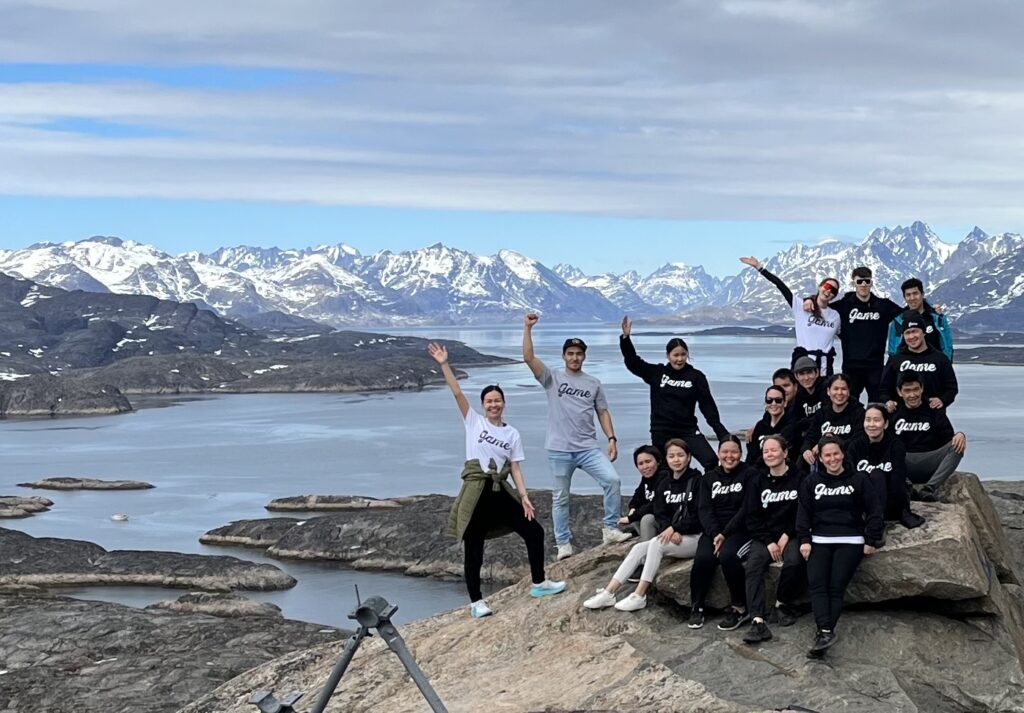Keys to Women Empowerment
The upliftment of any society is impossible without the empowerment of its women. As the nucleus of the family, women play a pivotal role in shaping a stronger society, and their empowerment through education and leadership development can drive a nation’s progress. Yet, the status of women in India and many parts of the world remains concerning. In patriarchal societies, women often take a backseat to men, with limited opportunities for growth and career advancement.
This is where organizations like Anudip step in to make a difference. Anudip, a non-profit organization, focuses on empowering women through education and leadership initiatives. One of its standout programs, BEST (Building Entrepreneurs to Stop Human Trafficking), equips crisis-stricken women—primarily survivors of human trafficking—with the skills and training needed to pursue viable and respectable professions, offering them a pathway to rebuild their lives with dignity and independence.
Empowering women through education and leadership development is crucial for achieving gender equality and fostering societal progress. Education equips women with the knowledge, skills, and confidence to actively participate in society and make informed choices about their lives.
In many regions worldwide, girls encounter significant obstacles to accessing education, such as poverty, cultural norms, and conflict. Investing in their education not only transforms the lives of individual girls and their families but also brings broad social and economic advantages. Studies show that educating girls contributes to lower infant and maternal mortality rates, drives higher economic growth, and fosters greater gender equality, creating a ripple effect of positive change across communities and nations.


Programs for Women’s Empowerment
Leadership development programs play a vital role in empowering women. These initiatives help women enhance their skills, boost their confidence, and expand their networks. By fostering leadership abilities, women become better equipped to advocate for themselves and others, drive positive change within their communities, and inspire future leaders.
Numerous organizations and initiatives are dedicated to empowering women through education and leadership development. For instance, Anudip’s BEST (Building Entrepreneurs to Stop Human Trafficking) program offers a three-month skill development course that enables women to generate income through online work. By leveraging technology as a tool for empowerment, the program helps disadvantaged women and girls integrate into the mainstream economy and secure dignified livelihoods through entrepreneurship and IT skills training. Anudip’s efforts enable women to overcome educational barriers and emerge as community leaders.
Governments also play a critical role in empowering women through education and leadership initiatives. Policies that support girls’ education—such as scholarships, financial aid for low-income families, and incentives for school attendance—can significantly reduce barriers. Additionally, government-backed programs promoting leadership and entrepreneurship among women can further amplify these efforts, creating pathways for more inclusive and equitable growth.
Challenges to Women’s Empowerment
Empowering women through education and leadership development faces significant challenges, particularly in overcoming cultural attitudes and biases. In many regions, deeply rooted cultural beliefs perpetuate the notion of women’s inferiority and discourage their participation in leadership roles. Tackling these biases requires a sustained, multifaceted approach involving education, advocacy, and efforts to foster cultural change.
Another major challenge is ensuring women have access to the resources and support needed to thrive. This includes not only education and leadership development programs but also access to critical resources such as capital, networks, and mentorship opportunities. Without these enablers, women may struggle to fully engage in society and harness the benefits of their education and leadership training. Addressing these gaps is essential to creating an equitable environment where women can realize their full potential.
Conclusion
Empowering women through education and leadership development is crucial for fostering gender equality and driving social and economic progress. Bridging the gender gap in education, offering robust leadership development programs, and challenging cultural biases are key steps toward enabling women to participate fully in society and take on leadership roles in their communities. Achieving this goal requires a collective effort from governments, organizations, and individuals, each contributing to a future where women can realize their full potential and lead the way toward a more equitable world.
Related articles


New SGOs Scoring Rules to Be Applied in 2026
